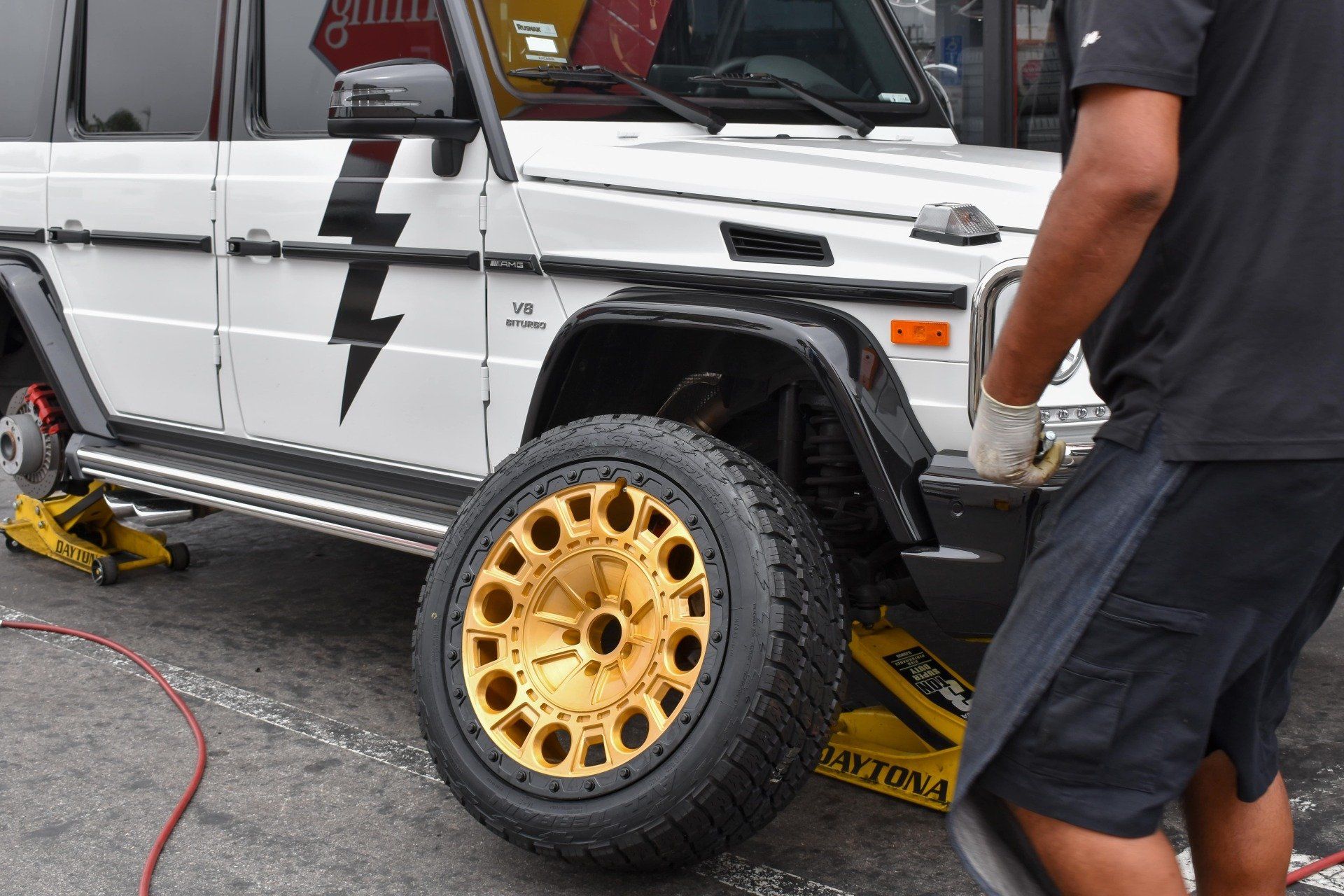How Tire Pressure Affects Safety and Vehicle Operating Costs

Tires are an essential part of your car. Tires support your car's weight, transmit traction and braking force to the driving surface, and help maintain and change direction.
Underinflated tires are unable to perform these functions. They do not just impact vehicle performance but can cause several driver hazards.
Low tire pressure is one of the most common causes of tire failure. Underinflation can cause your tires to wear out prematurely. Properly inflated tires need less frequent repairs and last longer.
Proper tire inflation increases gas mileage. You can improve your fuel efficiency by 0.6 percent-3 percent by keeping your tires inflated to the correct tire pressure.
Cars with underinflated tires are gas guzzlers. When your car consumes more fuel, it releases higher levels of harmful emissions. It is estimated that a car running on underinflated tires can release up to 1.5 extra tons of greenhouse gases.
Overinflating your tires can be as harmful as underinflating them. Overinflated tires wear out faster.
When you drive on overinflated tires, the material stretches further than recommended, making tires less flexible. This can adversely impact ride quality. If you continue driving on overinflated tires, they will wear out prematurely.
Driving on underinflated or overinflated tires is a bad idea. Both underinflated and overinflated tires are unable to grip the driving surface properly. When this happens, it becomes difficult for the driver to maintain vehicle control. This is an extremely dangerous situation that could end in an accident.
Many people believe that underinflated tires can provide more traction when driving on snow. Though underinflating your tires can increase the amount of contact they have with the road, if you hit a bare patch, your steering response will be degraded.
Many modern cars have a tire pressure sensor designed to sense tire pressure and warn drivers if the pressure is below the manufacturer's recommended level. This is a very important safety feature. Whenever your system says that your tires need air, check the air pressure at the first safe opportunity.
Remember, even a minor leak could damage your tire. A damaged tire can blow out at any time. To steer clear of safety risks and performance issues, check your tire pressure regularly and inspect it for visible damage and uneven wear periodically.
Do you need new tires in Newport Beach? Look no further than Grand Prix Performance. Irrespective of the type of car you drive, we will have the right tires for your prized possession. We also offer a range of car repair services under one roof. To make an appointment, call 949-645-7022.